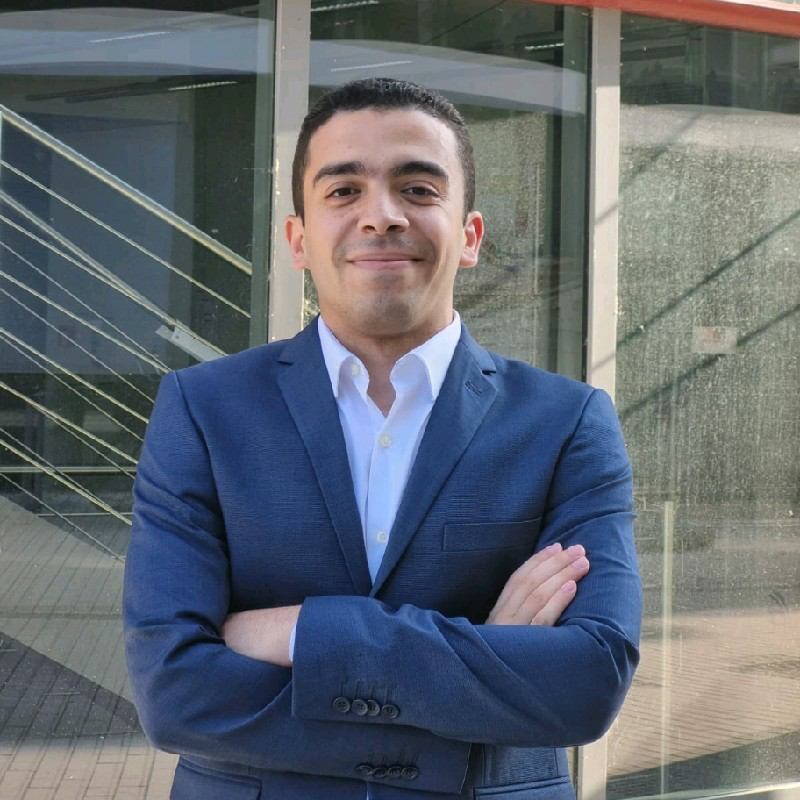
Zeyad Abdelrahim
Machine Learning Researcher
Career Objective
Education
M.Sc. in Communications Engineering
The German University in Cairo
2023-2024
Conducted research on applying Reinforcement Learning to optimize spectral efficiency and mobility management in cellular networks. Achieved 20% increase in spectral efficiency and 10% reduction in handover rate. The paper is accepted in the International Conference of Computer Application (ICCA)..
B.Sc in Electrical and Communications Engineering
The German University in Cairo
2018 - 2023
Specialized in designing and developing Communication systems with a strong foundation in mathematics, programming, optimization, and AI (ACQUIN Accredited).
Experience
Research Engineer, Cyshield
Nov-2024 - Present
Accelerated ML models performance by 10x through research and development. Established efficient data and model pipelines in collaboration with data engineers. Evaluated and prioritized ML algorithms based on business metrics. Executed model training, hyperparameter tuning, and performance optimization. Analyzed model errors and developed improvement strategies.
R & D Data Scientist, Dell Technologies
Aug-2023 - Oct-2024
Spearheaded R&D efforts in 5G network optimization, achieving a 60% improvement in user data rates through the application of reinforcement learning. Independently implemented use cases and contributed to team projects, including AI and software riddle development for Dell Hacktrick. Demonstrated strong problem-solving skills by building an LLM and RAG-based tool to efficiently extract information from complex technical documentation. Previously, as a Data Science Graduate Intern, supported the development of 5G network use cases, applied machine learning techniques (NNs, Isolation Forest, AE, DQN), and effectively communicated findings to the team.
Data Analysis Instructor, Udacity
2023 - Present
Served as a Udacity Nanodegree mentor, providing technical guidance and fostering a collaborative learning community through weekly online sessions. Leveraged strong interpersonal skills to build rapport with students while curating relevant resources to bridge theory and practice. Utilized proficiency in Python (NumPy, Pandas), SQL, data wrangling, and visualization to support student learning and success.
LLM researcher, Dyra-Chat
2024 - Present
Implemented RAG-based LLM solutions for clients as an LLM engineer. Enabled LLMs to accurately answer client queries by leveraging their custom documents.
Deep Learning Research Assistant, University of Luebeck in Germany.
April, 2022 - September, 2022
Developed a high-performance modulation recognition model using TensorFlow and Keras, achieving 97% accuracy on a massive dataset of 2.5 million images. Significantly improved recognition speed by 2x compared to state-of-the-art models through efficient training and automated hyperparameter tuning. Research paper in development was halted due to unforeseen circumstances.
Machine Learning Researcher, Upwork Inc.
2020 - 2022
Provided AI solutions and reported results to clients with zero technical knowledge, explored big datasets and visualized their distribution that could affect performance in live deployment, gained experience with Numpy, Pandas, matplotlib, and Sci-kit learn, created an app that can recognize skin disease from images with 85% accuracy, used SQL to manipulate databases and to perform CRUD operations, achieved 100% job success rate and maintained 5-start rating
Projects ("What I can not create I do not understand", R.F)
Re-implemented the experiments done in this paper (https://arxiv.org/pdf/2012.09164). The authors used a new architecture called Point Transformer to classify each point in the point cloud set to a specific class (semantic segmentation). They used it for other tasks as classification and part segmentation but I was interested in the semantic segmentation task only.
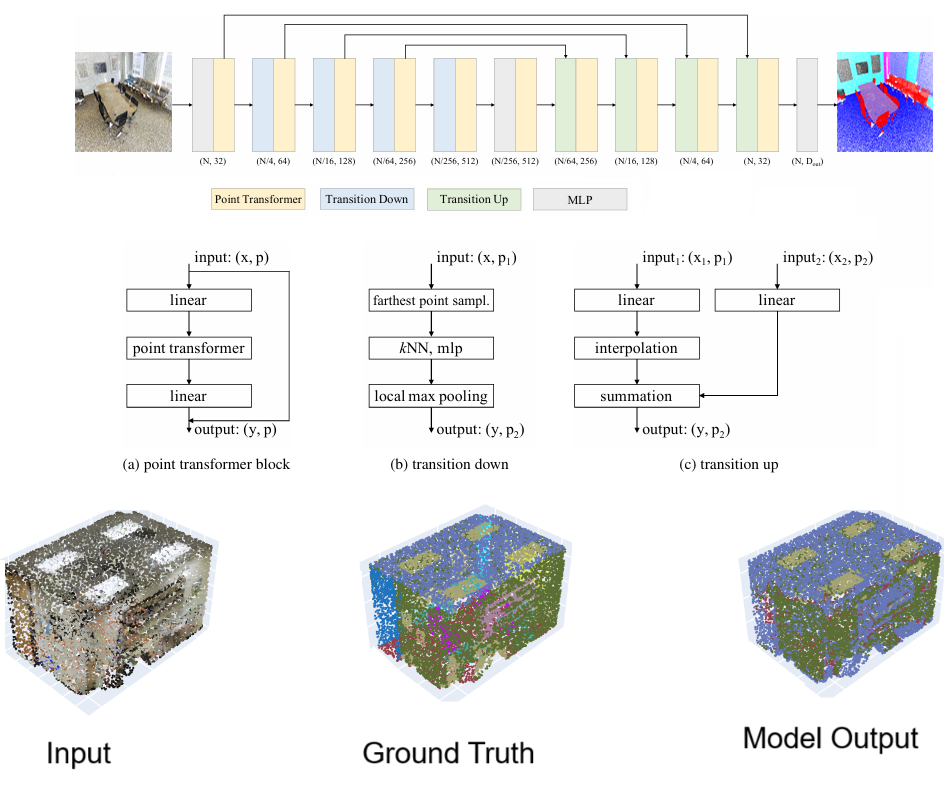
Re-implemented the experiments done in this paper (https://arxiv.org/pdf/1612.00603). The authors used a CNN based neural nets to predict the 3D point cloud of the given input (single) image.
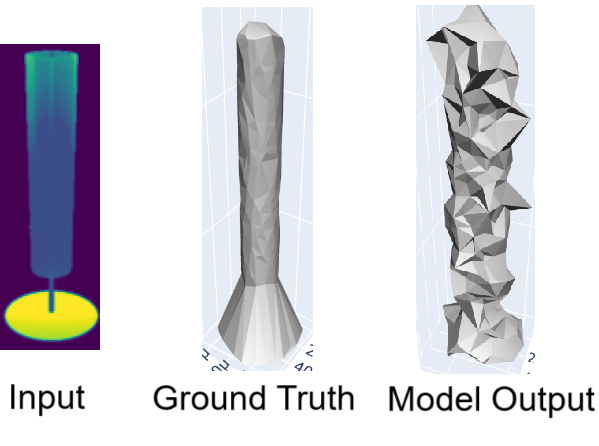
Coded a multi-modal model for visual question answering as in this paper (https://arxiv.org/pdf/2407.07726). The authors used SigLIP vision encoder with the decoder-only based Gemma:2b model.
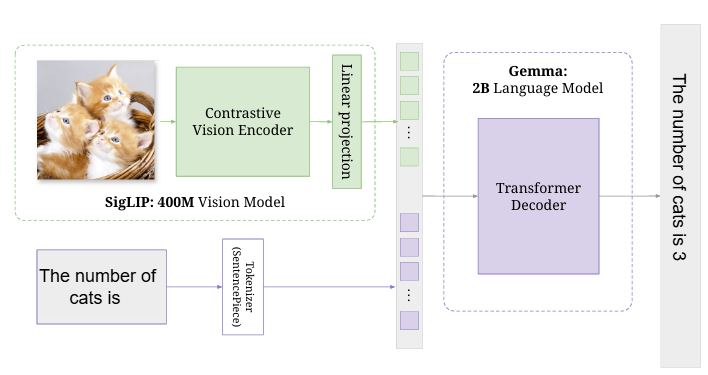
Re-implemented the experiments done in this paper (https://arxiv.org/pdf/1406.2283). The authors used 2 CNN based neural nets to predict the depth map of the given input (single) image.
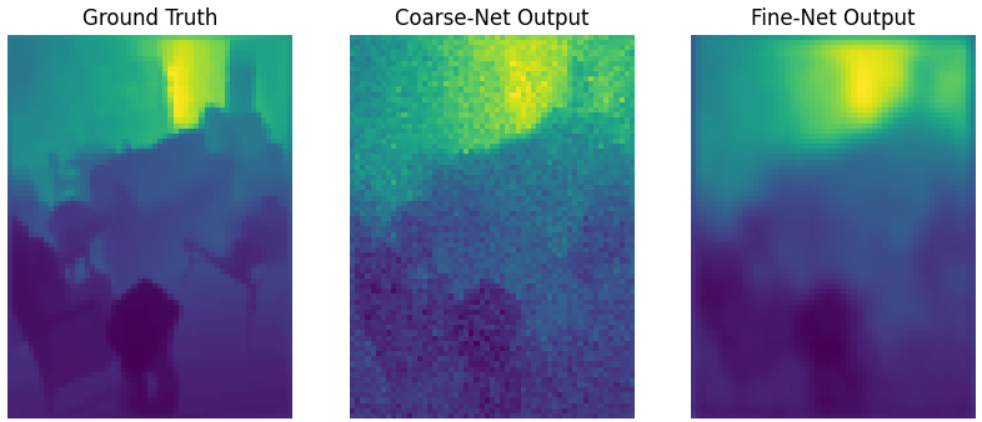
Re-implemented the experiments done in this paper (https://arxiv.org/pdf/1604.00449). The authors used CNN based encoder-decoder architecture with 3D-LSTM to construct the 3D voxel grid from a single/multiple image(s).
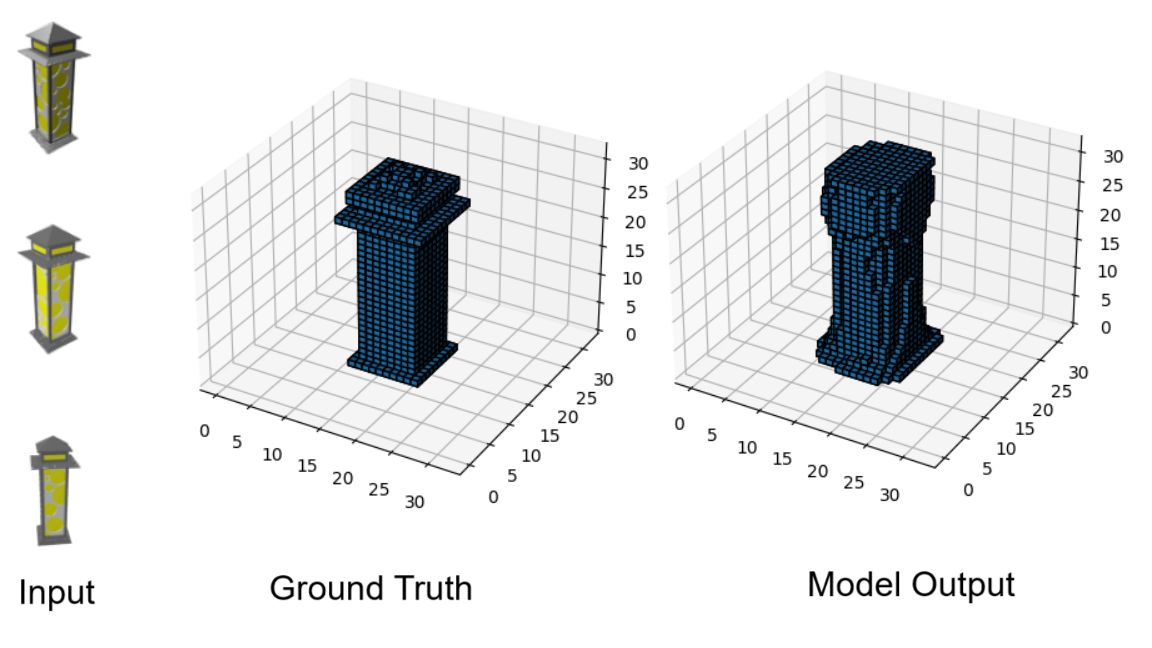
Re-implemented the experiments done in this paper (https://arxiv.org/abs/2312.08168). By employing object identifiers, the authors transformed diverse 3D scene-language tasks into a unified question-answering format, facilitating joint training without the need for additional task-specific heads. With minimal fine-tuning on all downstream tasks, the model significantly outperformed existing methods on benchmarks including ScanRefer, Multi3DRefer, Scan2Cap, ScanQA, and SQA3D.
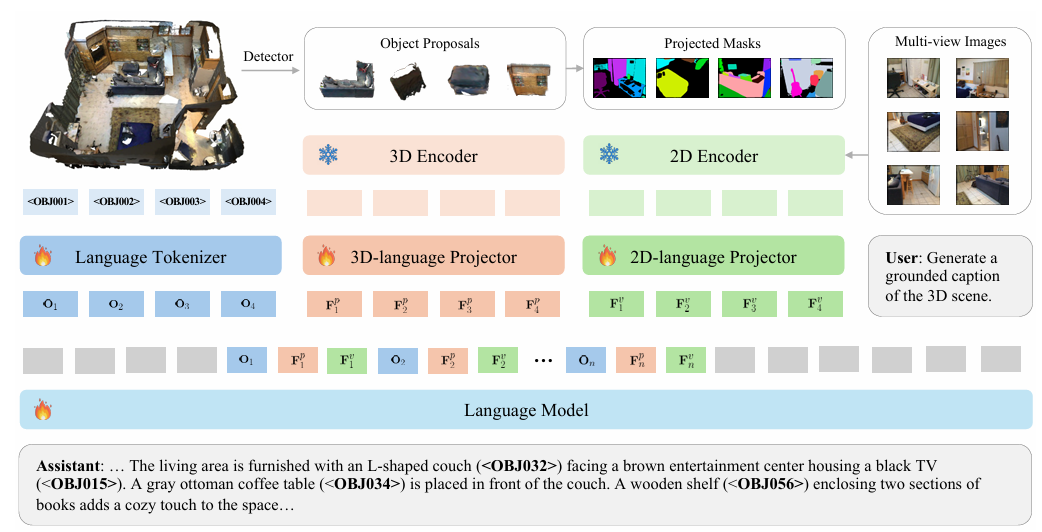
Publications
2024
Submitted a paper during my MSc. degree on using reinforcement learning to optimize spectral efficiency and reduce handover rate achieving 20% increase in spectral efficiency and 10% reduction in handover rate. The paper is accepted and to be presented in December in the International Conference of Computer Application (ICCA). I will add the paper link once published.
2024
Collaborated with Dell Technologies teams in Cairo and Canada to design and implement a deep neural network for admission control in 5G networks. The model dynamically decides whether to admit new UEs based on real-time network conditions, prioritizing QoS, specifically delay, for existing users. This research was accepted for presentation at the VTC conference in Washington DC, October 2024.
Achievements
BSc. Scholarship
2018
Achieved top national ranking in high school (Thanawya Amma), securing a full scholarship to study engineering at the German University in Cairo.
Excellence Award
2022
Awarded a scholarship from the German University in Cairo to pursue my BSc thesis at the University of Lübeck, Germany, as a three-time top student in my BSc program.
AI Capacity Building program– 3rd
2023
Participated in a hackathon for AI under the supervision of MCIT and Dell. My team won the bronze medal for providing an AI solution for water consumption optimization. Developed a model that can predict water consumption and automate irrigation for agriculture.
Technical Skills
Programming
C++, Python, Tensorflow, Pytorch, CUDA, Java, Matlab, Shell
Simulation
NS3, NS3-GYM, MATLAB Simulink.
Certifications
Coursera
2021
Built neural networks (CNNs, RNNs, etc.) for various tasks (recognition and generation), used RNNs for creating a chatbot for question answering, and applied machine learning algorithms to solve problems.
Udacity
2021
Awarded a scholarship to study data analysis using Python by the Egyptian government. Studied the data analysis pipeline and how to carry out AB testing. Manipulated and modified databases using MySQL.